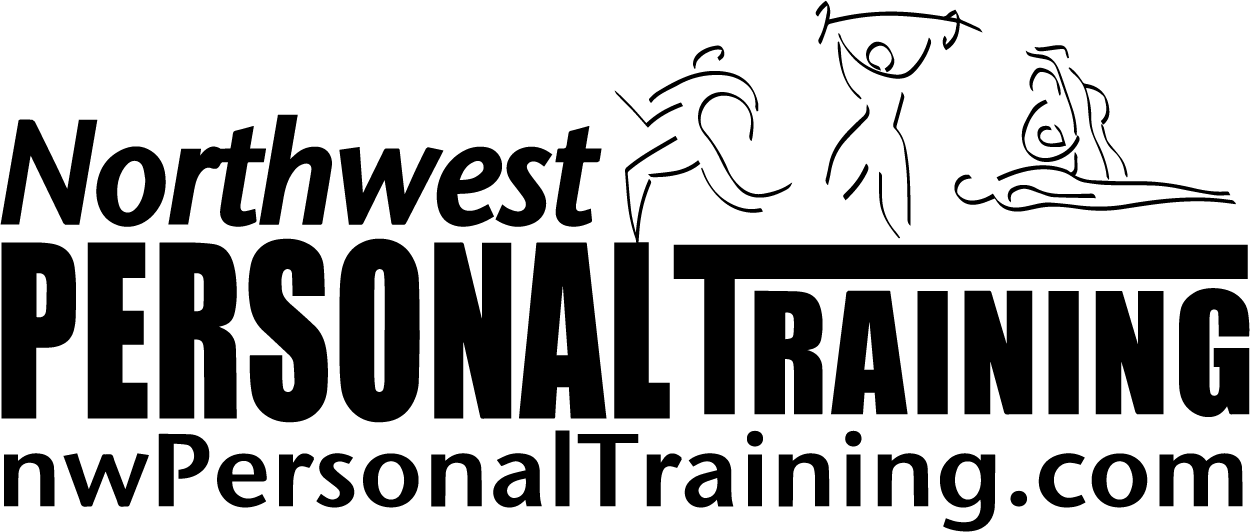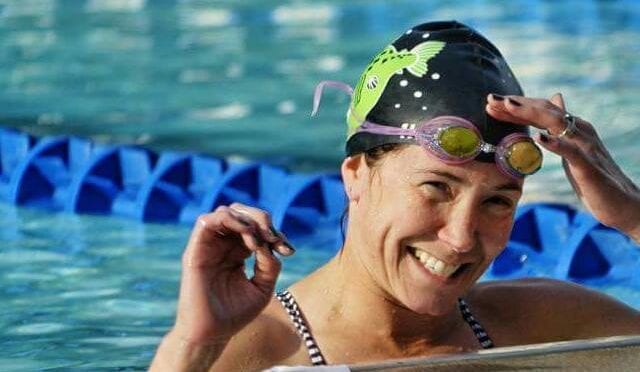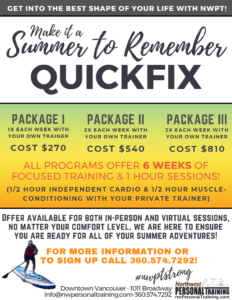With the excessive heat we’ve been experiencing, many exercisers are turning to the water for their workouts.
Water fitness can improve muscle strength and endurance, flexibility and cardiovascular health, decrease body fat, improve circulation, help rehabilitate injuries, and even enhance sports skills.
In addition, water fitness is a lot of fun and if you participate in an organized program, it’s a great way to meet new people with similar interests.

In fact, many people prefer water fitness year-round for the following reasons:
The buoyancy of water allows people to do exercises that are too difficult for them on land. Ninety percent of your body is buoyant when the water is up to your neck so your body is exposed to a lot less pounding and jarring.
Water fitness is one of the safest activities you can do for a variety of special conditions including pregnancy, orthopedic problems and arthritis.
Water offers 12-14% more resistance in comparison to exercising on land. This means there is continual resistance to every move you make which enhances muscle definition.
Don’t forget to sign up under “Weekly Fitness Tips” to automatically receive my latest blog post in your inbox!
Water disperses heat more efficiently, so there is less chance of overheating. Exercising in the water is cooler and more comfortable than it is on land.
If you don’t have a home pool, check out the type of classes and programs available at your local pool. Ask about the qualifications of the instructors, the types of classes and programs and the types of water fitness tools available.
Check out the variety of workout options available in the pool:
Water Walking/Running
Moving forward, backward, and sideward, using regular, short, quick, or long steps, in waist-deep to chest-deep water.
Water Aerobics
Full body rhythmic exercises conducted in shallow and/or deep water for 20 minutes or more, designed to provide cardiovascular benefits.
Water Toning/Strength Training
Upper and lower body moves designed to strengthen, firm, and sculpt the muscles by using the resistance of the water and/or water exercise equipment.
Flexibility Training
Large movements using each body part’s full range of motion, along with full body stretches.
Water Therapy & Rehabilitation
Procedures in the water designed and implemented for specific clinical purposes.
Water Yoga & Relaxation
Gentle, easy-flowing moves using the water as a relaxation medium.
Deep Water Running
Simulating land running in water depth where the feet do not touch the bottom of the pool. Flotation devices are used. Various running styles, drills, and methods can be used.
Wall Exercise (Deep or Shallow)
Using the pool wall for support to isolate various body parts.
Pool dance
Think Zumba in the water. Great music and fun movements. It’s a party in the pool.
Lap Swimming
If you are a proficient swimmer, you can resort to swimming back and forth using various swimming strokes to obtain a great workout. You can even utilize a variety of training tools such as flippers, hand paddles, pool buoys and kickboards to challenge your body in a variety of different ways.
Yours in health & fitness,
Sherri McMillan


